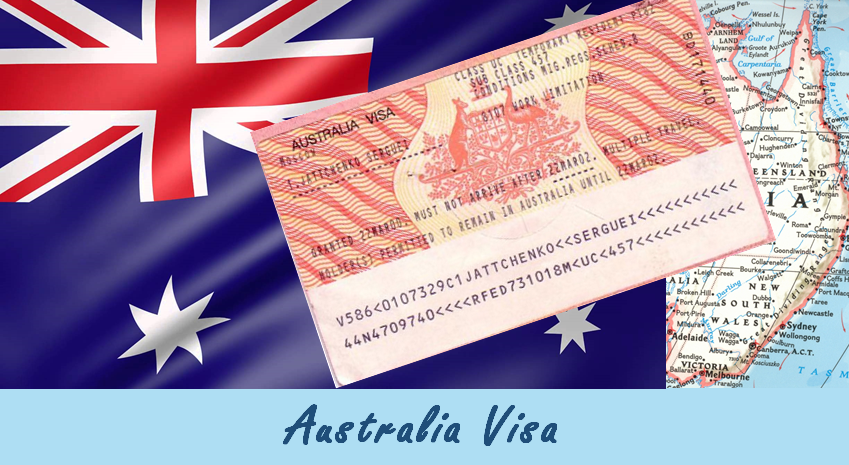Education in Australia

Studying in Australia offers international students more than academic achievement and a globally recognized qualification. It is a once-in-a-lifetime experience through which a student can develop independence, maturity, an understanding of other cultures, and the ability to see issues from different perspectives.
A study in Australia better prepares a student to work in today’s global marketplace. This is why several foreign companies recruit directly from Australian universities and vocational institutes. Many international organizations and companies employ overseas students with Australian qualifications because their exposure to the outside world gives them greater independence and maturity. With international trade barriers disappearing, great opportunities exist for those with the skills, experience, and knowledge to seize them.
In Australia, international students can gain this experience in a safe, friendly environment and at an affordable cost.
Education in Australia
Australia is the third most popular study destination in the English-speaking world, with more than 200,000 international students in Australian institutions across all education sectors: higher education, vocational education and training, English Language colleges, and schools.
The Australian government invests billions of dollars each year in developing Australian education and in university research.
Australian institutions have an international focus within their courses and activities. They exchange staff with institutions overseas, participate in international forums, and have partnerships and joint projects with overseas institutions and international research centers.
Australia’s universities have made important breakthroughs in modern technology and science while Australia’s vocational training system, which is based on industry standards, is used as a model for other Asia-Pacific countries.
There are universities in all major Australian cities and throughout regional areas of the country ranging in size from around 3,000 students to 50,000 students. About 20 percent of students enrolled in Australian universities are from overseas.
Many international students also study vocational education and training colleges and institute across Australia. These institutes offer qualifications recognized in the workplace.
International students in Australia also study the English language through courses offered by private organizations, universities, and governments; in the foundation, courses to prepare them for university study; and within Australian schools.
The Australian Government ensures the quality of Australian institutions and courses in a number of ways. Institutions must be accredited and courses offered to international students must be approved and listed on the Commonwealth Register of Institutions and Courses for Overseas Students (CRICOS). Qualifications offered to students must fit the Australian Qualifications Framework.
National agencies, including the Australian University Quality Agency and the Australian National Training Authority, monitor Australian education institutions including their teaching, learning, administration, and research.
Australian institutions develop the creative, analytical, and lateral thinking skills of students, and encourage individuality. The Australian education system also encourages responsibility and maturity in students. Students take an active part in their own education and are expected to supplement classroom studies with independent study in libraries, at home, and in teams with other students.
The staff at Australian institutions are also very experienced in helping students from other countries, and there are well-established support systems in place for international students.






